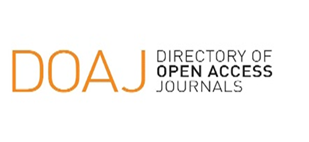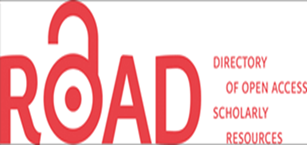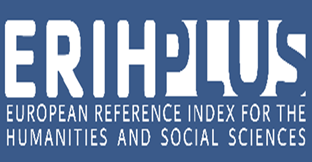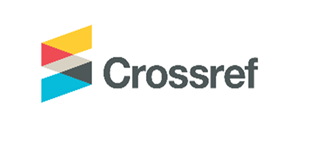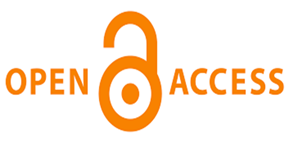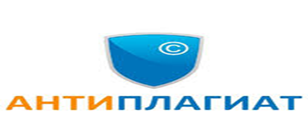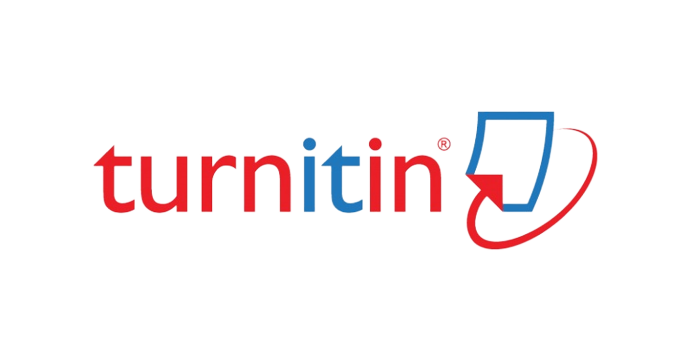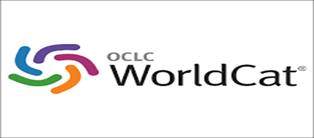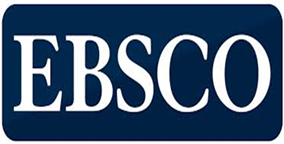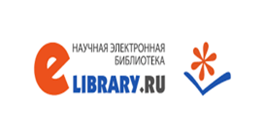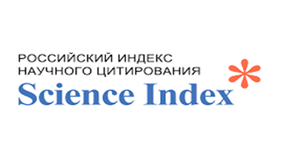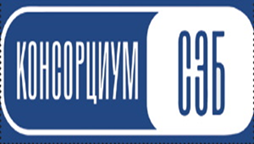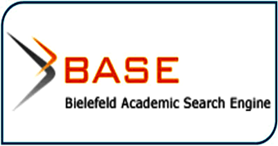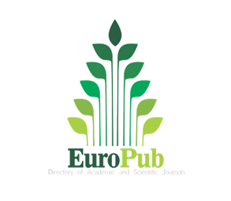An overview of research methods and topics used in Turkological studies
Views: 605 / PDF downloads: 210
DOI:
https://doi.org/10.32523/2664-5157-2024-3-196-218Keywords:
Turkic studies, Turkology, research methods, literature review, Turkological, Turkish, Turkic LanguageAbstract
This study examines the past and current status of scientific research methods and topics used in Turkology. The study’s data were sourced from Scopus, a database of prestigious journals and periodicals in the field of social sciences, and the sample of the study consists of studies conducted in the field of Turkology until 2024. In this context, the keywords ‘Turkish language,’ ‘Turkic,’ ‘Turkology,’ ‘Turcology,’ ‘Turcological,’ and ‘Turkish studies’ were searched together with the keywords ‘Quantitative’ and ‘Qualitative.’ As a result of this search, 413 studies were accessed. To reach a wider sample and to provide a general picture of qualified Turkology studies through the Scopus database, the studies in which the keywords ‘Turkish Language’ ‘Turkic’ and ‘Turkology’ were used in the article title, abstract, and keyword were also included in the study. Since the subject area and keyword range are more general, 3,284 studies were reached within the scope of this review. The bibliometric analysis method was used to obtain up-to-date and quantitative data on the studies conducted in the field, and Voswiever and RStudio programs were used. The findings indicate that the significance attributed to scientific research methods in Turkology has continued to increase in recent years.
Downloads
Reference
Baituova A., 2016. Comparative research of Turkish languages (Kazakh, Turkish and Uzbek) in the historical aspect. The International Scientific and Pedagogical Organization of Philologists East-West. P. 88–150.
Balog I., 2020. Quantitative and qualitative methods in economic research in the 21st century. Szeged. P. 277–288.
Bayram B., 2022. A review of Akhmet Yasawi University Turkology Research Institute (past-present-future strategy). Turkology, 112(4). P. 9-29.
Bowen G.A., 2009. Document analysis as a qualitative research method. Qualitative Research Journal, 9(2). P. 27-40.
Choibekova N., 2021. The research of modality in linguistic Turkology. Alatoo Academic Studies, 2021(2). P. 280-287.
Creswell J., 2004. Designing a mixed methods study in primary care. The Annals of Family Medicine, 2(1) P. 7-12.
Çelikpazu E.E. and Atalay E., 2021. The determination of Turkish and Turkish language and literature teacher candidates’ awareness of learning grammar. Journal of Language and Linguistic Studies, 17(2). P. 842-868.
Çiçek M., 2023. Jonathan parry, promised lands: the British and the Ottoman middle east. princeton, nj: Princeton university press, 2022, 480 pages. New Perspectives on Turkey. P. 1-3.
Davydov S., 2023. The concept of security in Turkish history and culture. Concept Philosophy Religion Culture, 7(2). P. 63-72.
DeCoster J. and Lichtenstein B., 2007. Integrating quantitative and qualitative methods in communication research. Communication Methods and Measures, 1(4). P. 227-242.
Duarte C., Dibo A., & Sánchez L., 2017. What does the academic research say about impact assessment and environmental licensing in brazil?. Ambiente & Sociedade, 20(1). P. 261-292.
Durukan Ü.G., Batman D., & Aslan A., 2022. The analysis of middle school science course contents of out-of-school learning environment guidebooks. Bartın Üniversitesi Eğitim Fakültesi Dergisi, 11(3). P. 517-542.
Eken M. and Aydın H., 2022. Dijital göçmenler i̇çin dijital yetkinliğin haritalanması: Türkiye, Almanya ve İspanya örneğinde karşılaştırmalı bir i̇nceleme. Erciyes Journal of Education, 6(1). P. 66-79. [in Turkish].
Gambarov G., 2022. Turkologıcal Research Of Czech Scientist Ludek Hrjebıcek. Scientific Collection «InterConf+», (21(109). P. 157–161.
Garrido-Cárdenas J., Cebrián-Carmona J., González-Cerón L., Manzano Agugliaro F., & Mesa-Valle C., 2019. Analysis of global research on malaria and plasmodium vivax. International Journal of Environmental Research and Public Health, 16(11). P. 1928.
Garrido-Cárdenas J., González-Cerón L., Garcı́a-Maroto F., Cebrián-Carmona J., Manzano Agugliaro F., & Mesa-Valle C., 2023. Analysis of fifty years of severe malaria worldwide research. Pathogens, 12(3). P. 373.
Gilazova G., 2023. The origins of development and the current state of Turkic mythonymy: a systematic review. Filologičeskie Nauki Voprosy Teorii I Praktiki, 16(11). P. 3837-3843.
Halitoglu V., 2021. Determination of the writing errors of bilingual Turkish students in france (example of Lyon). Participatory Educational Research, 8(4). P. 297-320.
Hodge D.R. and Turner P. R., 2022. Who are the top 100 contributors to social work journal scholarship? a global study on career impact in the profession. Research on Social Work Practice, 33(3). P. 338-349.
Jervis M. and Drake M., 2014. The use of qualitative research methods in quantitative science: a review. Journal of Sensory Studies, 29(4). P. 234-247.
Johnson R. and Onwuegbuzie A., 2004. Mixed methods research: a research paradigm whose time has come. Educational Researcher, 33(7). P. 14-26.
Kalahanova Z.M., 2020. Network Turkology and Turks of the Caucasus. International Journal of Social Sciences & Humanities, 4(1). P. 15–20.
Kurd M., 2023. Review of summer school mathematics framework program. International Journal of Learning Reformation in Elementary Education, 2(01). P. 47-56.
López-Illescas C., Anegón F.d.M., & Moed H.F., 2008. Comparing bibliometric country-by-country rankings derived from the web of science and Scopus: The effect of poorly cited journals in oncology. Journal of Information Science, 35(2). P. 244-256.
McCusker K. and Günaydın S., 2014. Research using qualitative, quantitative or mixed methods and choice based on the research. Perfusion, 30(7). P. 537-542.
Mesa-Valle C., Garrido-Cárdenas J., Cebrián-Carmona J., Talavera M., & Manzano Agugliaro F., 2020. Global research on plant nematodes. Agronomy, 10(8). P. 1148.
O’Cathain A., Murphy E.A., & Nicholl J., 2007. Why, and how, mixed methods research is undertaken in health services research in England: a mixed methods study. BMC Health Services Research, 7(1).
Ordabekova H., Kurkebaev K. & Yesenova A., 2021. Methods of teaching Turkology. Journal of Educational Sciences, 66(1). P. 152–158.
Özbal B. 2023. Publication outcomes doctoral dissertations in teaching Turkish as a foreign language field. Education Quarterly Reviews, 6(1).
Pluye P. and Hong Q., 2014. Combining the power of stories and the power of numbers: mixed methods research and mixed studies reviews. Annual Review of Public Health, 35(1). P. 29-45.
Ponterotto J., 2002. Qualitative research methods. The Counseling Psychologist, 30(3). P. 394-406.
Rezanova Z.I., & Korshunova I., 2022. Russian speech in the language contact zone: active trends in deviations from the speech standard. Rusin. Volume 68. P. 266-279.
Sak R., Sak İ., Şendil Ç., & Nas E., 2021. Document analysis as a research method. Kocaeli Üniversitesi Eğitim Dergisi, 4(1). P. 227-256.
Shalgynbai Z., Albekov T., Saltakova Z., & A Oralbek N.Y., 2019. Censorship persecution of the kazakh book of the spiritual content. Opción, 35(90-2). P. 257-270.
Sovetovna J. and Аleksandrovna L., 2020. Turkology of Kazakhstan in the system of Eurasian coordinates. Society and Security Insights, 3(4). P. 110-120.
Sweileh W., 2019. A bibliometric analysis of health-related literature on natural disasters from 1900 to 2017. Health Research Policy and Systems, 17(1).
Tang Allasonniere M., Gao Liang Z., Chen S. & Her S.O., 2023. Phylogenetic analyses for the origin of sortal classifiers in Mongolic, Tungusic, and Turkic languages. Concentric: Studies in Linguistics. 49 (2). P. 295 – 315.
Tarin E. 2017. Qualitative research and clinical methods. Annals of King Edward Medical University, 23(1).
Tuna M., Özyurt B., Dülger A.S., Türkmen F., & Uyanık N., 2022. A qualitative research on the cooperation-based development of tourism in the Turkic World Countries Türk Dünyasında Turizmin Ülkeler Arası İş Birliği Temelli Geliştirilmesine Yönelik Nitel Bir Araştırma. Bilig , vol.2022, no.100. P. 137-176.
Williams C., 2011. Research methods. Journal of Business & Economics Research (Jber), 5(3).
Yücel D. 2020. A framework, evaluation and bibliography study on Turkisms conducted in the Romanian language. Journal of Research in Turkic Languages, 2(2). P. 113-137.
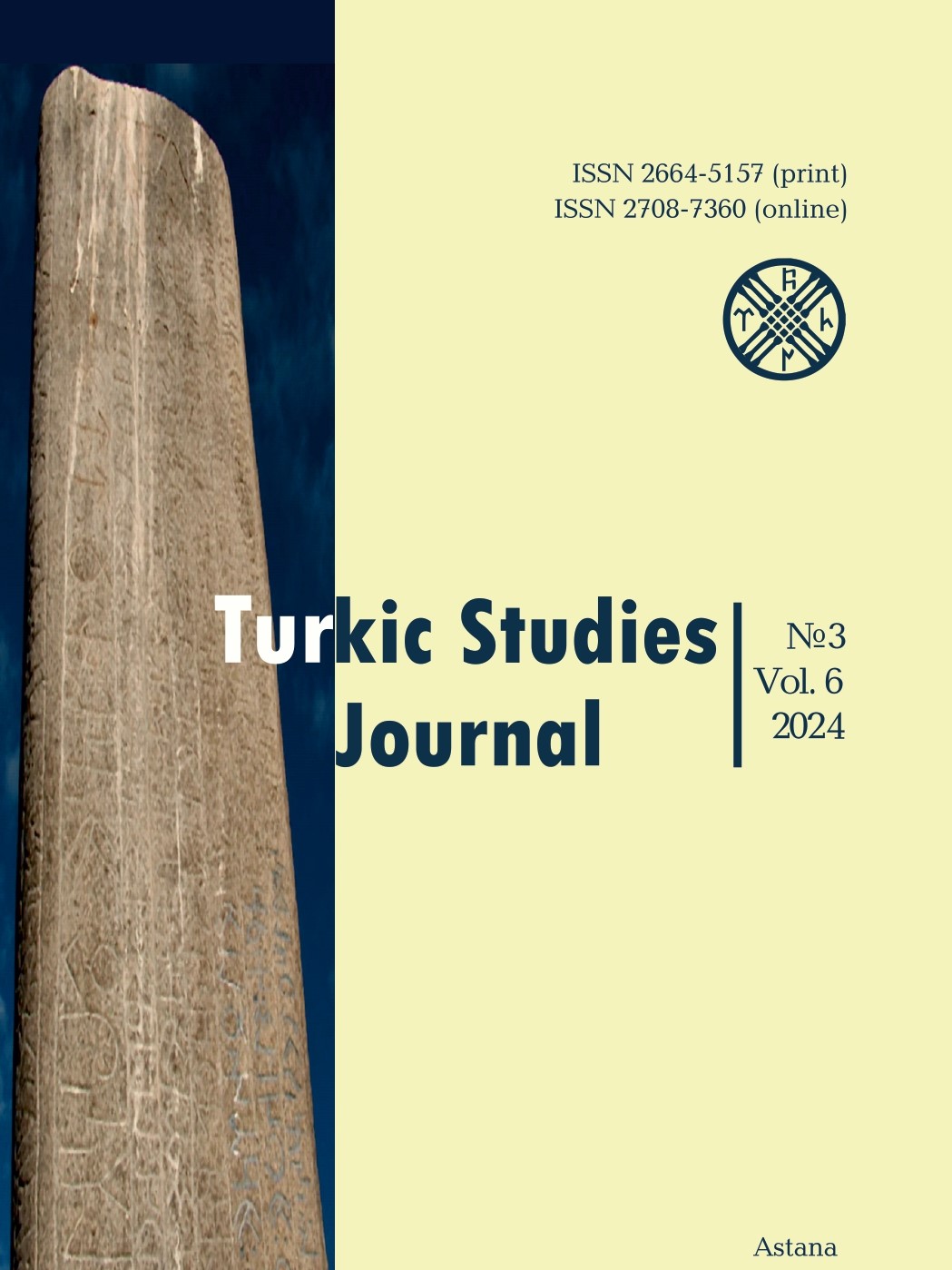
Downloads
Published
How to Cite
Issue
Section
License
Copyright (c) 2024 Turkic Studies Journal

This work is licensed under a Creative Commons Attribution-NonCommercial 4.0 International License.






